Hormones are powerful chemical messengers that orchestrate countless bodily functions, yet many of us only think about them when something goes wrong.
Overview
These microscopic molecules travel through your bloodstream, delivering precise instructions to your organs, skin, muscles, and tissues throughout your body. Understanding how these essential chemicals work can help you recognize when something might be amiss with your health.
The Fundamentals of Hormones
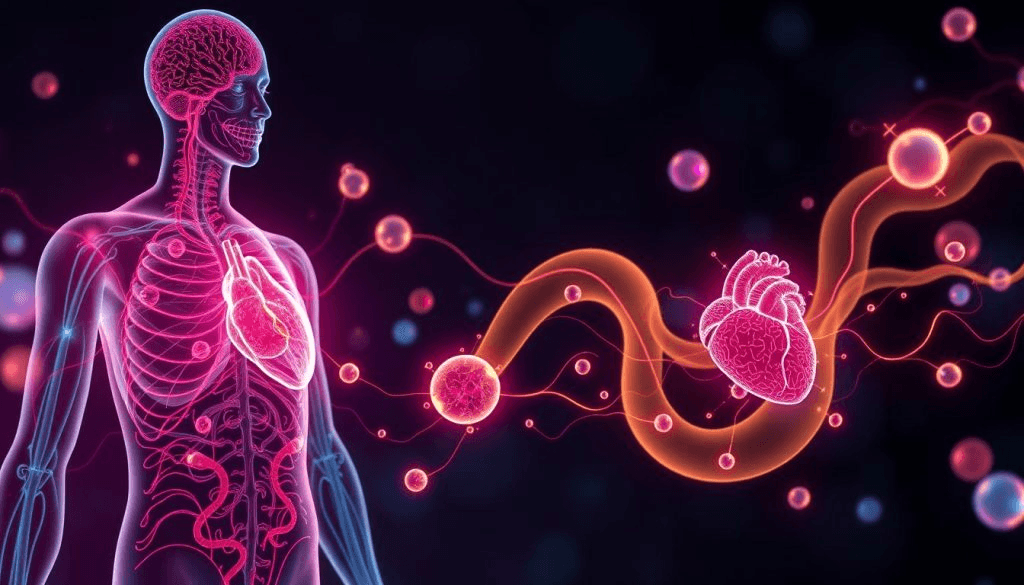
Hormones function as your body’s communication system, carrying signals that tell your body what to do and when to do it. Scientists have identified over 50 different hormones in the human body, each with specific roles in maintaining health and proper function.
These chemical messengers, along with the glands that produce them, make up your endocrine system—a complex network responsible for regulating nearly every aspect of your physical wellbeing. Even tiny fluctuations in hormone levels can significantly impact your health, sometimes requiring medical intervention.
How Hormones Control Your Body
The influence of hormones extends to virtually every system in your body. They regulate critical functions including:
- Metabolism: Converting food into energy and controlling how efficiently your body uses it
- Homeostasis: Maintaining stable internal conditions such as blood pressure and blood sugar
- Fluid balance: Regulating water and electrolyte levels
- Growth and development: Guiding physical development from childhood through adulthood
- Reproduction and sexual function: Controlling fertility and sexual characteristics
- Sleep-wake cycles: Influencing your body’s natural rhythms
- Mood regulation: Affecting emotional states and mental health
Hormones operate on a “lock and key” mechanism—they only affect cells that have specific receptors for them. When a hormone finds its matching receptor, it delivers instructions that trigger the target tissue to take action.
The Endocrine System: Your Hormone Production Centers
The endocrine system consists of several specialized glands that produce and release hormones directly into your bloodstream:
Key Endocrine Glands and Their Hormones
Hypothalamus
This small region in your brain acts as a command center, producing hormones that control your pituitary gland, including:
- Dopamine: Affects mood and movement
- Oxytocin: Influences social bonding and childbirth
- Somatostatin: Regulates other hormone release
Pituitary Gland
Often called the “master gland,” your pea-sized pituitary gland releases hormones that control other endocrine glands. The anterior pituitary produces:
- Adrenocorticotropic hormone (ACTH or corticotropin): Stimulates cortisol production
- Follicle-stimulating hormone (FSH): Regulates reproductive processes
- Growth hormone: Controls physical growth and metabolism
- Luteinizing hormone (LH): Triggers ovulation in women and testosterone production in men
- Prolactin: Stimulates milk production after childbirth
Thyroid Gland
This butterfly-shaped gland in your neck produces thyroid hormone (T3 and T4), which regulates your metabolism, along with calcitonin, which helps control calcium levels.
Parathyroid Glands
These tiny glands produce parathyroid hormone, which works with calcitonin to maintain proper calcium balance in your blood and bones.
Adrenal Glands
Located atop your kidneys, these glands produce stress hormones like cortisol and androgens, which affect everything from your stress response to sexual characteristics.
Pancreas
Part of both your digestive system and endocrine system, your pancreas produces insulin and glucagon, which regulate blood sugar levels.
Reproductive Organs
In females, the ovaries produce estrogen and progesterone, essential for reproduction and secondary sexual characteristics. In males, the testes (part of the male reproductive system) produce testosterone.
Beyond Traditional Endocrine Glands
Interestingly, several other tissues in your body produce hormones:
- Adipose tissue (body fat): Produces leptin, which regulates hunger and energy expenditure, especially in breast and other fatty tissues
- Kidneys: Part of your urinary system that produces erythropoietin, which stimulates red blood cell production
- Liver: Produces growth factors that affect metabolism and development
- Digestive tract: Releases hormones that control appetite and digestion
- Placenta: During pregnancy, produces hormones that maintain the pregnancy and prepare the body for childbirth
When Hormones Go Awry: Common Conditions
Hormonal imbalances – having too much or too little of certain hormones – can lead to various health conditions:
Diabetes
- Type 1 diabetes: An autoimmune condition where the body doesn’t produce insulin
- Type 2 diabetes: A condition where the body doesn’t use insulin effectively
- Gestational diabetes: High blood sugar that develops during pregnancy
Thyroid Disorders
- Thyroid disease: Includes hypothyroidism (underactive thyroid) and hyperthyroidism (overactive thyroid)
- Both conditions can affect metabolism, energy levels, and weight
Reproductive Health Issues
- Irregular menstruation (periods): Can be caused by polycystic ovary syndrome (PCOS), amenorrhea (absence of periods), or anovulation (lack of ovulation)
- Female infertility: Often related to hormonal imbalances affecting ovulation
- Male infertility: Can be caused by low testosterone levels (hypogonadism) or other hormonal issues
Other Hormone-Related Conditions
- Obesity: Can be influenced by hormones that regulate hunger and metabolism
- Growth disorders: Caused by imbalances in growth hormone
- Mood disorders: Sometimes linked to hormonal fluctuations
What Causes Hormonal Imbalances?
Several factors can disrupt your body’s delicate hormonal balance:
- Tumors or adenomas: Growths on endocrine glands that can affect hormone production
- Gland damage or injury: Physical trauma to endocrine tissues
- Autoimmune conditions: When your immune system attacks hormone-producing glands
- Genetic factors: Inherited conditions affecting hormone production or function
- Stress: Chronic stress can disrupt multiple hormonal systems
- Medications: Some drugs can affect hormone levels
- Environmental factors: Certain chemicals and toxins can interfere with hormone function
- Age-related changes: Natural hormonal shifts that occur throughout life
Diagnosing and Treating Hormonal Conditions
If you suspect a hormonal imbalance, consider these steps:
- Consult a healthcare provider: Your primary care doctor can order initial tests and refer you to specialists if needed
- Blood tests: Most hormones can be measured through specialized blood tests
- Imaging studies: Scans like ultrasounds or MRIs may be used to examine endocrine glands
- Specialist consultation: An endocrinologist specializes in hormone-related conditions
Treatment options vary depending on the specific condition but may include:
- Hormone replacement therapy
- Medications to block or stimulate hormone production
- Lifestyle modifications
- Dietary changes
- Surgery in some cases
Maintaining Hormonal Balance Naturally
While not all hormonal conditions can be prevented, these strategies may help maintain hormonal health:
- Regular physical activity
- Balanced nutrition with adequate protein, healthy fats, and complex carbohydrates
- Stress management techniques like meditation, yoga, or deep breathing
- Adequate sleep
- Limiting alcohol consumption
- Avoiding endocrine-disrupting chemicals when possible
- Regular medical check-ups
When to Seek Help
Consider consulting a healthcare provider if you experience:
- Unexplained weight changes
- Persistent fatigue
- Mood changes or depression
- Sleep disturbances
- Changes in sexual function
- Digestive issues
- Temperature sensitivity
- Unusual hair loss or growth
- Reproductive health changes
Remember that hormonal imbalances are common and often treatable. The key is recognizing potential symptoms and seeking appropriate medical care.
This blog post is intended for educational purposes only and should not replace professional medical advice. If you suspect a hormonal imbalance, please consult with a qualified healthcare provider for proper diagnosis and treatment.





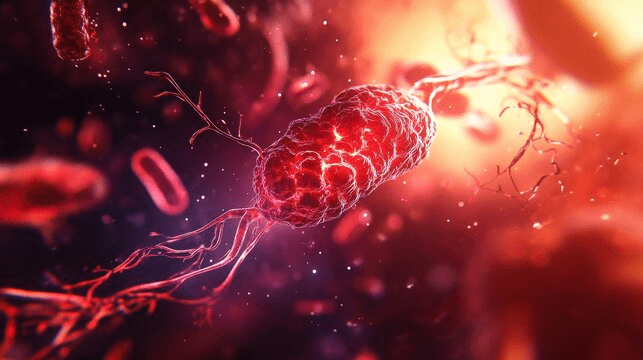
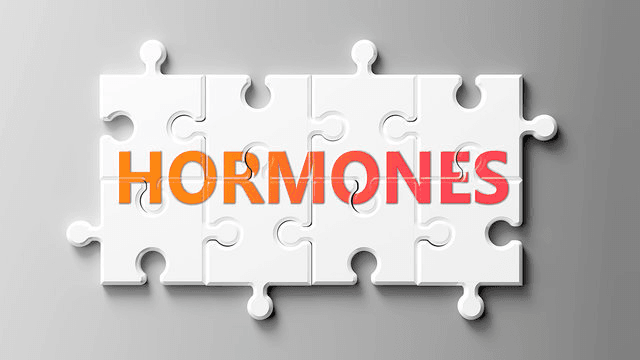
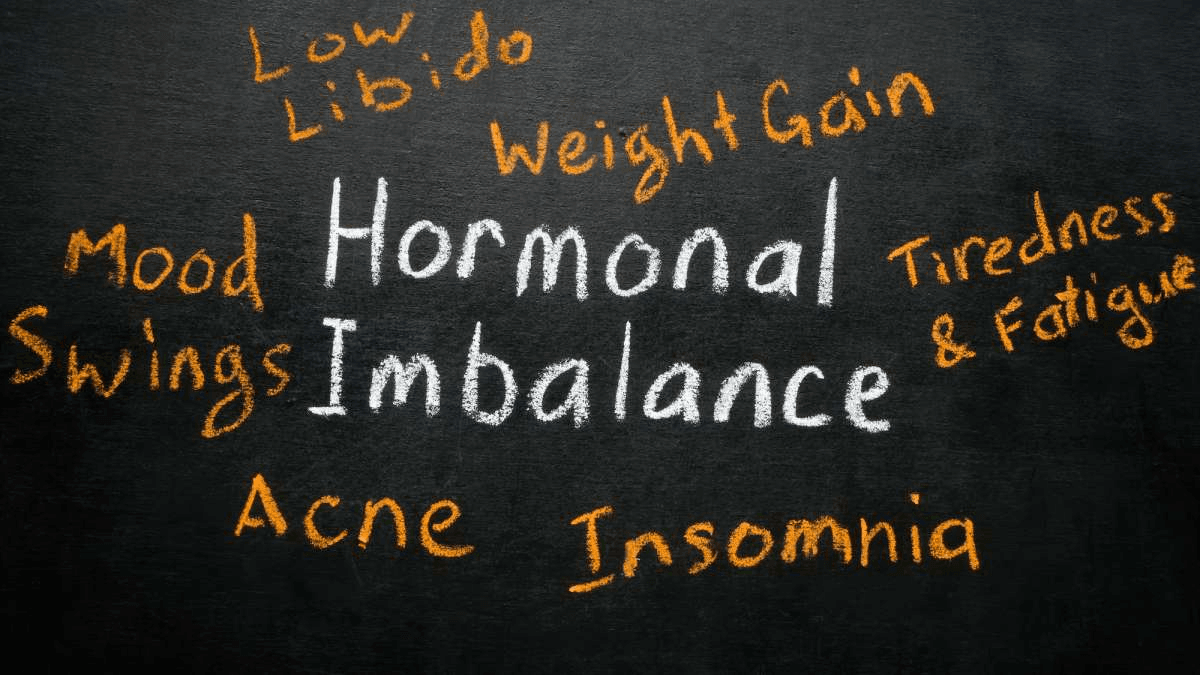
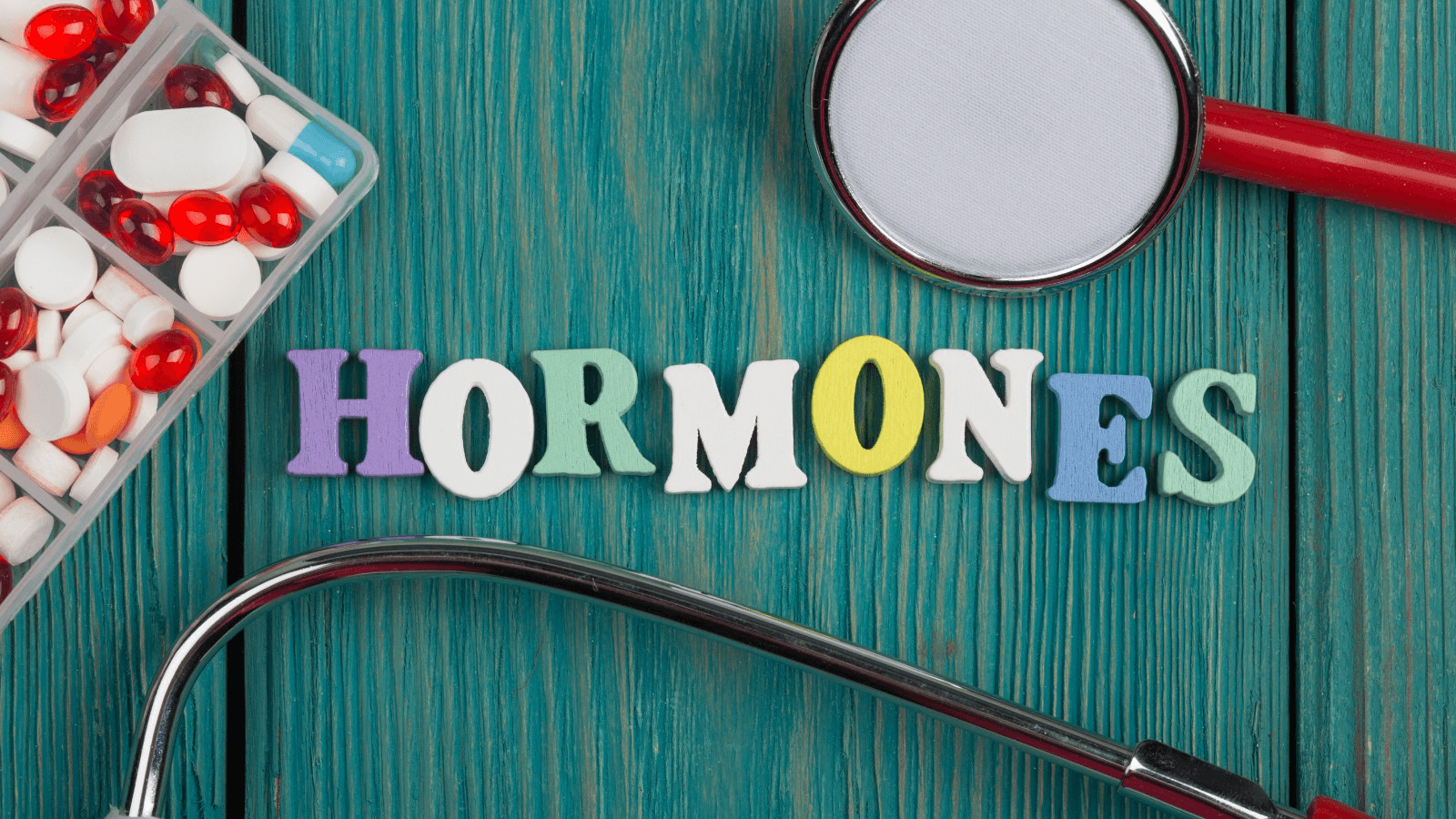
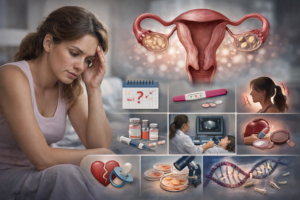

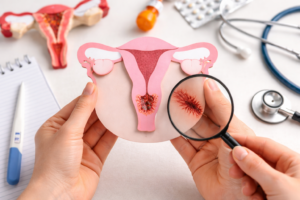
 No need to worry, your data is 100% Safe with us!
No need to worry, your data is 100% Safe with us!